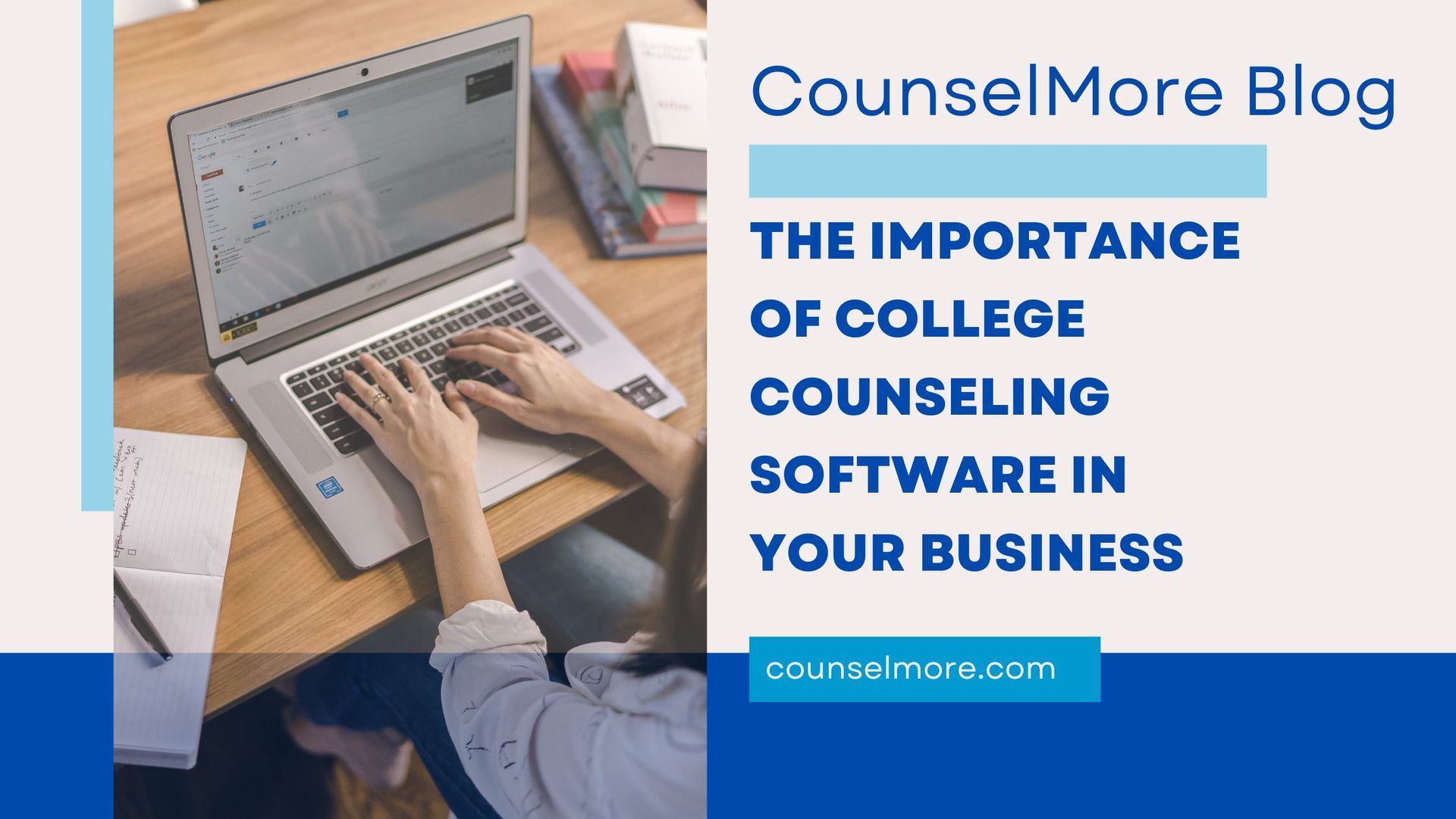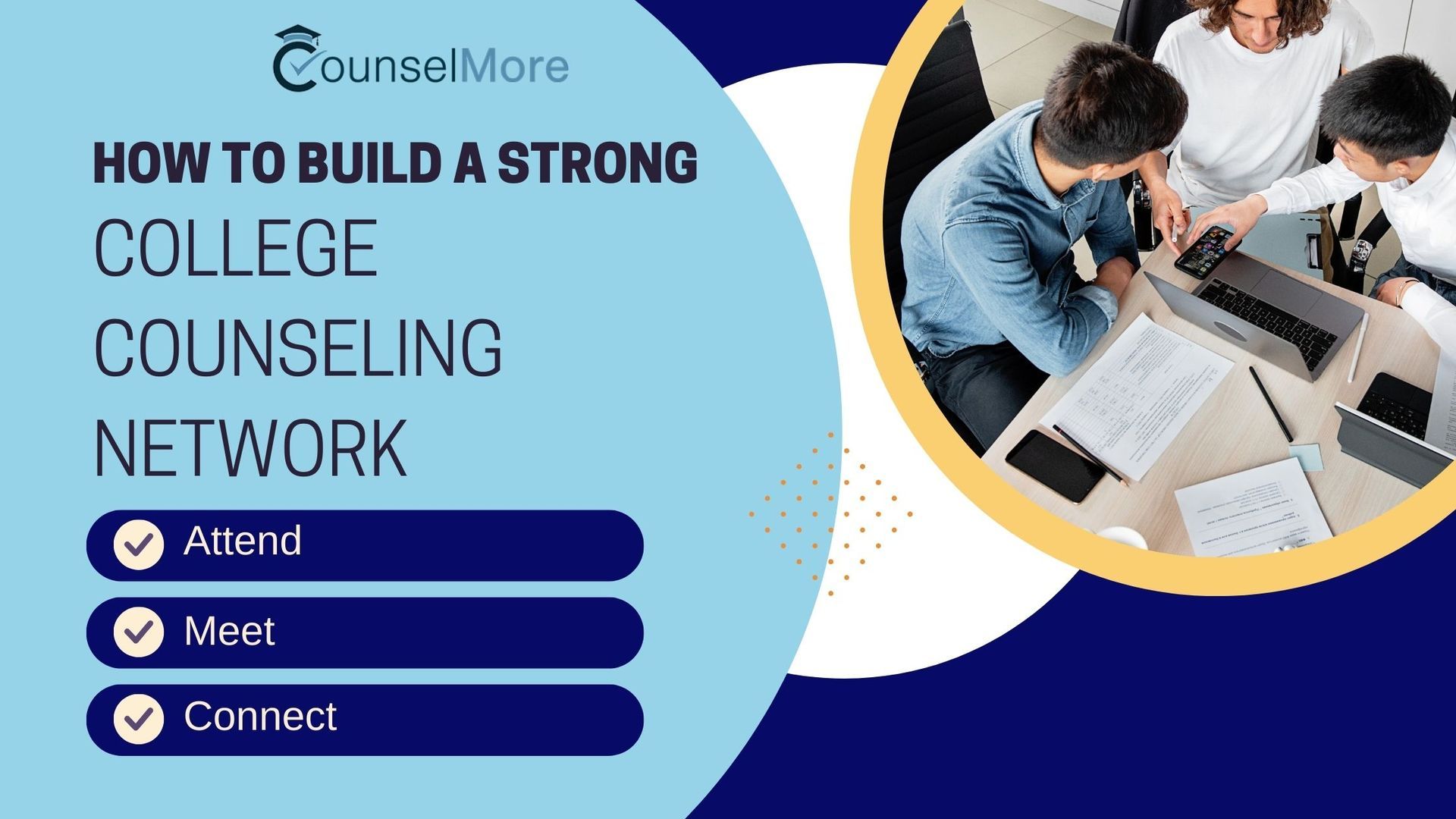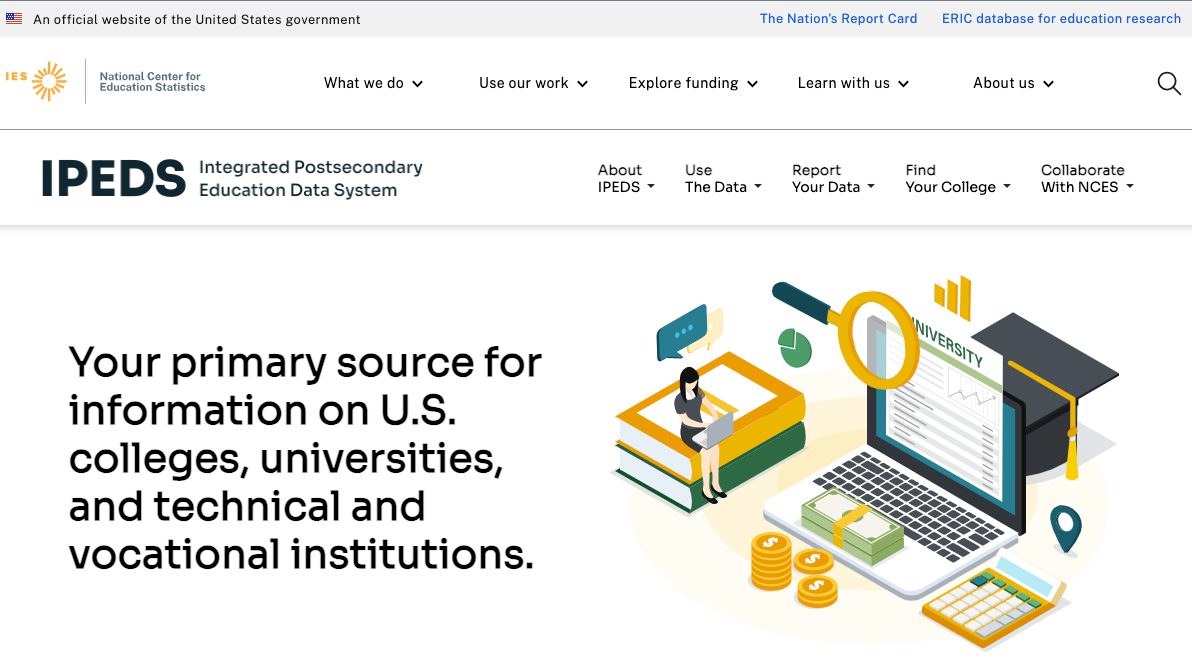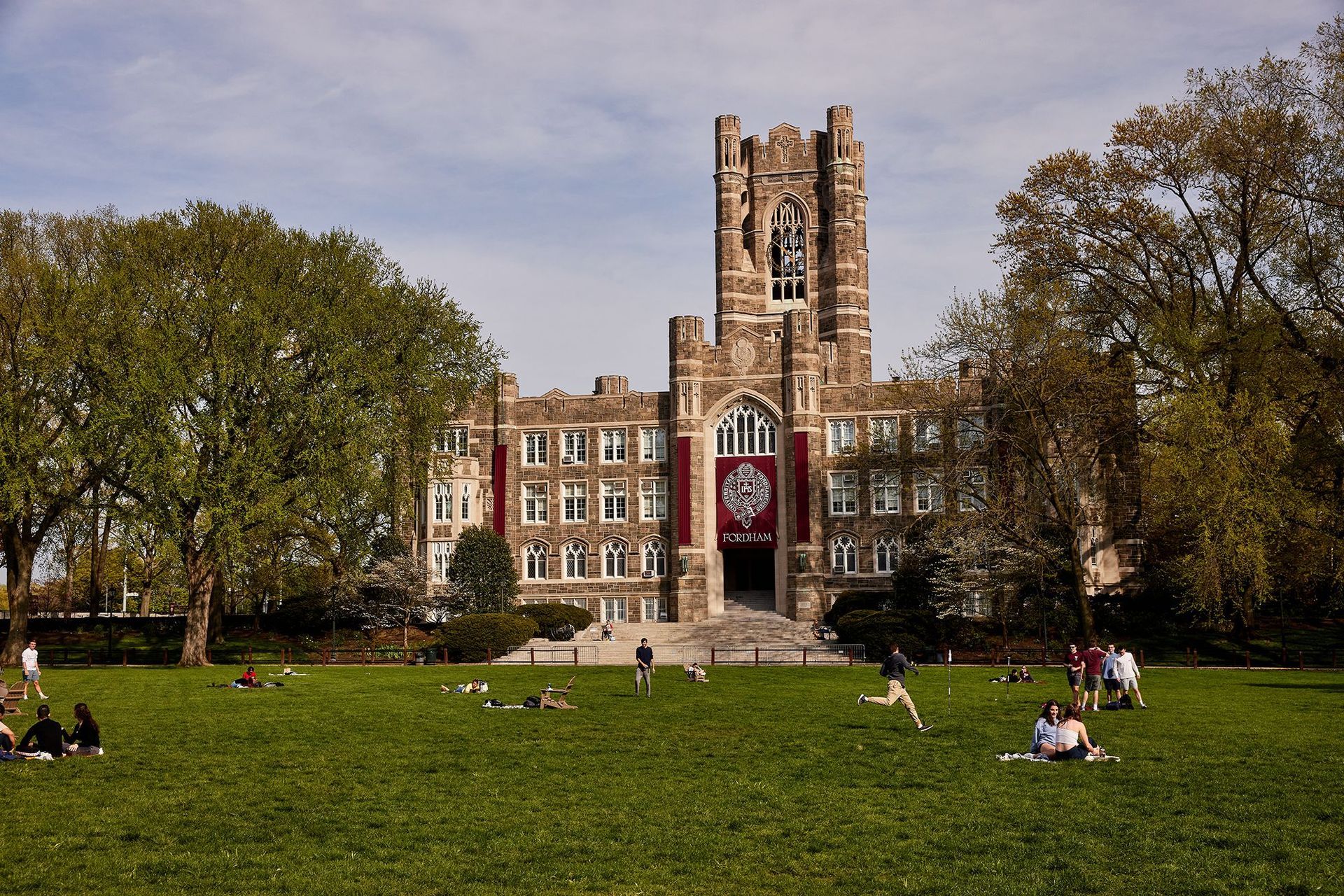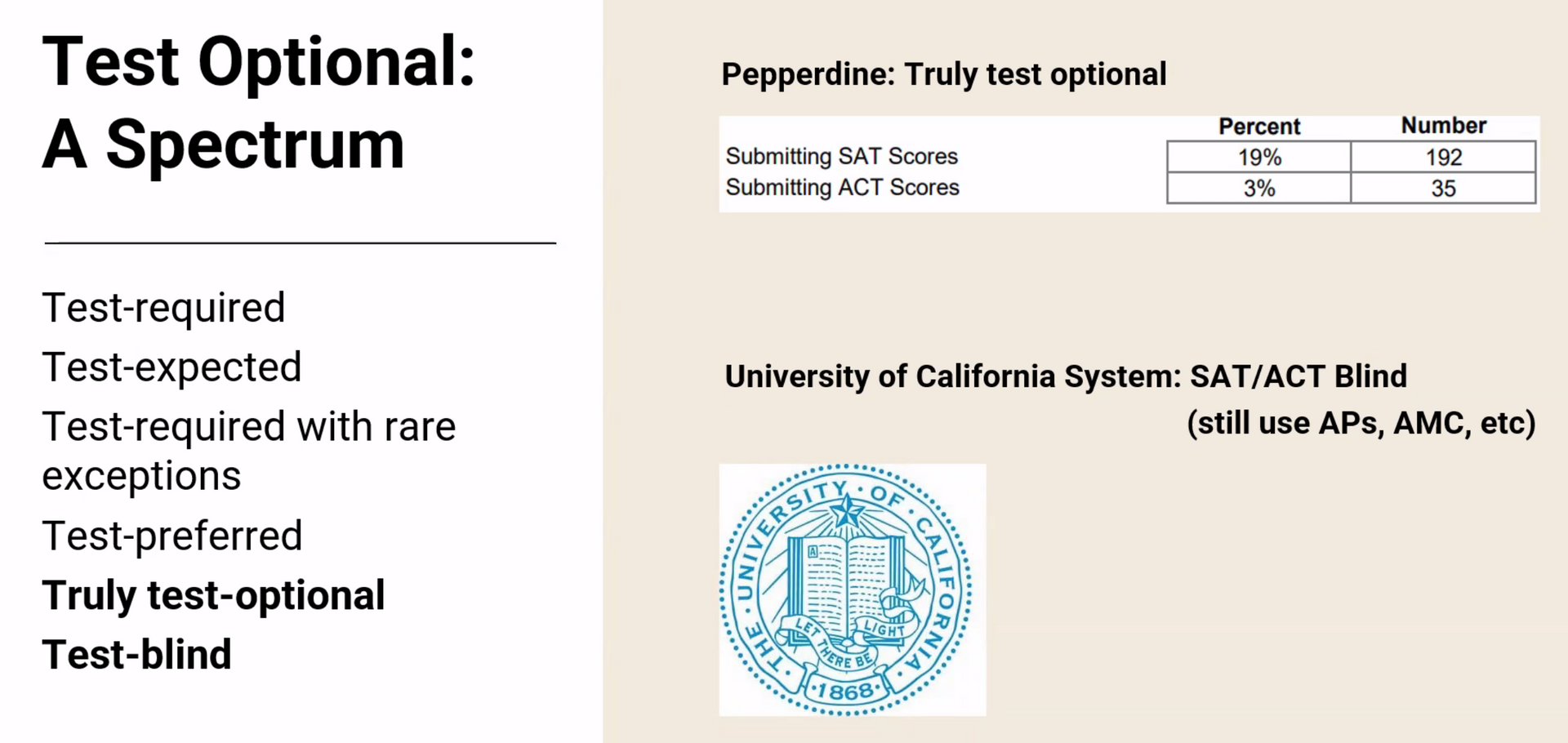What should I include in my college applications? Admissions Trends 2025 and why you'd consider hiring an education planner

Admissions Trends for 2025
What are the major college admissions trends for 2025?
Test-Optional Policies:
While many schools adopted test-optional policies during the pandemic, some, including elite institutions like Brown, Dartmouth, Harvard, and Yale, are reinstating testing requirements. Others are updating their policies annually, making it crucial for students to check each school's specific requirements in the Test Policy column of their CounselMore App Tracker.
Early Applications:
Early applications to selective schools have increased in recent cycles. Applying Early Action or Early Decision often provides a statistical advantage due to smaller applicant pools and higher yield rates for colleges. Those numbers are shifting diluting opportunities. Strategies to build a balanced college list cannot rely on an early-admissions boost.
Affirmative Action and Legacy Admissions:
The Supreme Court's decision to eliminate race as a factor in admissions has led many schools to re-evaluate their legacy admissions policies. Some have already abandoned legacy preferences, while California is considering legislation to prohibit funding for private universities that prioritize legacy applicants. Moreover, consider Justice Sonia Sotomayor's advice when crafting essays to reflect the student's environment in their narrative.
College Applicant Activities List Specialization vs. Well-Roundedness:
There's a noticeable shift towards specialization and focus in college applications activities lists. Colleges are increasingly interested in students who demonstrate a deep commitment, steady-focus, prolonged-interest, and self-pursued expertise in a few areas rather than a broad but superficial involvement in many activities.
College Application Inflation:
Students are applying to more colleges than ever before, leading to record-breaking application numbers. This trend is fueled by the ease of applying through platforms like the Common App and the increased accessibility of college information that is not validated causing students to be overwhelmed and scattershot apply instead of tool their application to schools that fit.
AI in College Admissions:
The use of artificial intelligence (AI) in application review is on the rise and accelerating. AI helps colleges process large volumes of applications, with some even relying on AI to make final admission decisions. This trend underscores the need for students to carefully craft their applications with potential AI scrutiny in mind. Authenticity above all!
Direct College Admissions:
Direct admissions programs are gaining traction as a way to increase college accessibility and enrollment. These programs automatically admit eligible students to in-state colleges, often before they formally apply. Check out the CounselMore Community Lists for a automatic list of Direct Admit schools and apply these to your App Tracker. Schools on the App Tracker will show on the Fin Fit tab, compare financial aid for state schools against ivy-dreams and ivy-pricing. Note the link directly to state aid options. Many auto-qualify for state programs and its just a matter of awareness!
Financial Aid Challenges:
Ongoing challenges with the FAFSA have caused delays and complications in financial aid disbursement. These issues, coupled with rising college costs, emphasize the need for families to engage in open and honest conversations about college affordability and to explore alternative funding options.
Colleges saw an increase in financial aid appeals, causing overwhelmed financial aid offices, slowing down processes. For this reason it is important to complete all the necessary paperwork on time and submit corrections as soon as you are aware of them. Any considerations the applicant would like the office to weigh should be made plain with little narrative. Submit copies of documents that backup your ask for need. Pursue the CounselMore Financial Assignments for a complete How To Apply for Financial Appeal.
Lastly, since students are applying to so many colleges, this ties up financial aid resources unnecessarily. Students who are admitted hold financial aid resources that are ear-marked for their potential admittance throughout the Spring, while the applicant considers their options. Most students know when they have no intention of attending a school. Other students are waiting for the admitted student to release their offers, so their funds can be reallocated. For this reason students are asked to inform schools of their true intentions immediately.
Increased Diversity in Applicants:
Despite the challenges posed by the removal of affirmative action, there's been a notable increase in applications from first-generation students and underrepresented minorities. However, the overall diversity of enrolled student bodies has declined at some institutions in the wake of the Supreme Court's decision. As schools also struggle with economics, they must meet occupancy first and diversity goals second.
How can Admissions Trends impact my college application strategy?
College Prep Testing:
Consider whether submitting (or not submitting) test scores aligns with your overall application profile. See blog for more strategies.
Early Application:
Strategize with your counselor on whether applying Early Action or Early Decision is beneficial for your target schools.
Highlighting Strengths:
Focus on showcasing your passion and depth of involvement in a few key activities that align with your interests and goals. Develop a compelling narrative that emphasizes your unique strengths and contributions.
Application Choices:
Create a balanced college list with a mix of reach, target, and safety schools, taking into account application inflation and the competitiveness of your chosen majors.
Financial Planning:
Engage in open conversations about college affordability early in the process. Explore various financial aid options and develop a comprehensive plan to manage college costs.
College Research:
Thoroughly research each college's admissions criteria, student body profile, academic programs, and campus culture. Use online resources, virtual tours, and connections with current students to gather insights.
What are some additional insights from CounselMore that can aid in the application process?
The CounselMore materials outline valuable resources and strategies to streamline the application process:
Utilize the CounselMore Portal:
Both students and parents can access web-based portals to manage assignments, track progress, and research colleges using a proprietary database. The portal facilitates a more organized and efficient application journey.
Biography Banners:
These sections in the portal help students craft compelling narratives about their activities, awards, and honors. Accurate reporting of time spent on activities is essential as it provides context for evaluating their significance.
Academic Résumé:
Create a comprehensive academic résumé that showcases your achievements and can be used for letters of recommendation, applications, and other purposes.
Letters of Recommendation:
Request letters of recommendation early from teachers and mentors who can speak to your abilities and character. Be prepared to provide them with necessary materials like an academic résumé and transcript.
Financial Fit Tool:
Use this tool to understand the potential costs and return on investment for your top-choice schools.
What are some things to keep in mind after submitting college applications?
The sources stress the importance of staying engaged and proactive even after submitting applications:
Applicant Portals:
Register for each college's applicant portal and regularly check for updates and communication. Actively engaging with the portal demonstrates genuine interest to admissions committees.
Additional Materials:
If permitted, submit updated transcripts, additional letters of recommendation, or other relevant materials to keep your application active.
Financial Aid Appeals:
Understand your financial aid options and prepare to write an appeal letter if your initial offer doesn't meet your needs.
College Visits:
Visit the campuses of your top-choice schools to gain a firsthand perspective on student life and academics. Don't hesitate to ask detailed questions about campus culture, academic rigor, and housing specifics.
Remember, the college application process is a journey that requires careful planning, diligence, and a proactive approach. By staying informed about current trends and utilizing available resources, you can increase your chances of success.

Navigating the College Admissions Maze: Why You Need an Educational Planner in 2025
The college admissions process has always been a challenging endeavor, but the landscape for the class of 2025 is particularly complex and ever-evolving. With shifting admissions policies, an increased emphasis on specialization, and the rise of technology in application review, the journey from high school to higher education can feel like navigating a maze blindfolded. This is where a professional educational planner steps in, acting as your guide, mentor, and advocate throughout this critical transition.
Think of an educational planner as your
personal admissions strategist. They've witnessed the process countless times, understand the nuances of each college's requirements, and have the expertise to help you present your best self to admissions committees. They won't be fazed by your questions or concerns; instead, they'll offer
tailored advice and support every step of the way.
2025 Admissions Trends: Why Expert Educational Consultant Guidance is More Important Than Ever
The sources provide an in-depth look at the emerging trends shaping the admissions process for the class of 2025. These trends underscore the importance of seeking professional guidance:
Test-Optional Policies: Navigating the Maze:
While many colleges adopted test-optional policies during the pandemic, some, including prestigious institutions like Brown, Dartmouth, Harvard, and Yale, have reinstated testing requirements.
Other colleges are
constantly updating their policies, creating a sense of uncertainty for students. An educational planner can help you
decipher these evolving policies and determine the best testing strategy for your individual profile. Professional College Planners use admissions spftware like
CounselMore to stay up-to-date on changes to test policies in admissions. They can assess whether submitting (or not submitting) test scores aligns with your overall application narrative and guide you on effective test preparation if needed.

Early Applications: Gaining a Strategic Edge:
A consistent rise in early applications to selective schools means applying under Early Action or Early Decision options could offer a statistical advantage due to smaller applicant pools and potentially higher acceptance rates. This option is less true as stats change.
It's crucial to understand the implications of each option by checking the former application year's number of early submitted and whether it's the right fit for your target colleges. A seasoned educational planner using CounselMore software can analyze your chances of acceptance under early application deadlines and advise you on the best-fit strategy based on your academic profile and college preferences.
Affirmative Action and Legacy Admissions:
Charting a New Course: The Supreme Court's decision to overturn affirmative action, coupled with increasing scrutiny of legacy admissions, has sent shockwaves through the admissions landscape. These changes are prompting colleges to rethink their admissions evaluations, and the long-term implications are still unfolding. An educational planner can help you
understand how these shifts impact your application, particularly if you belong to an underrepresented group or are a legacy applicant. They can guide you on
effectively highlighting the diversity of your experiences and perspectives in your application materials and narrative.
Specialization vs. Well-Roundedness College Application Activities List:
Showcasing Your Passion: Forget the myth of the "well-rounded" student.
Growing preference for specialization in admissions means Colleges are seeking students who exhibit a
deep commitment and expertise in a few areas that genuinely excite them. An educational planner can help you
identify your core strengths and passions and craft a compelling narrative that showcases your specialized skills and experiences. They'll guide you on curating your activities, framing your essays, and securing strong letters of recommendation that highlight your unique contributions. However, if you have the chance to start planning early your admissions-coach can guide you on your choice of activities now.

Application Inflation: Standing Out in a Crowded Field:
The ease of applying through platforms like the Common App has fueled a surge in application numbers, leading to unprecedented competition. Colleges are receiving record-breaking applications, which means admissions officers have less time to review each application. An educational planner can help you craft a standout application that captures the attention of admissions committees. They'll help you identify the key elements that resonate with your target colleges and ensure your application materials are strategically aligned to present your most compelling narrative.
AI in College Admissions: Understanding the Algorithm:
With the rise of AI in admissions, it's no longer just about impressing human readers. Colleges are increasingly using AI to filter applications, identify specific keywords, and even make final admission decisions. An educational planner can provide insights into how AI is being used in admissions and help you optimize your application for potential AI review. They can guide you on using the right language, highlighting niche extracurriculars, and crafting essays that stand out to both human readers and algorithms.
Direct Admissions: Exploring New Pathways:
Direct admissions programs are emerging as a way to streamline college access for eligible students, often guaranteeing admission to in-state colleges. While these programs offer a more predictable pathway, an educational planner can help you
evaluate the benefits and drawbacks of direct admissions and determine whether it's a suitable option for your goals.
Financial Aid Challenges: Making Informed Decisions:
Rising college costs, coupled with ongoing challenges with the FAFSA, make financial planning an essential aspect of the college admissions process. An educational planner can guide you through the complexities of financial aid, help you understand your options, and develop a realistic financial plan. They can advise you on maximizing your chances of receiving scholarships, grants, and other forms of financial assistance.
CounselMore: Your Partner in the College Planning Journey
The CounselMore platform offers a wealth of resources designed to support both students and educational planners in navigating the college admissions process.
The platform includes:
Comprehensive College Planning Blueprints:
These meticulously crafted blueprints provide a structured framework for educational consultants, outlining a series of assignments and tasks to guide students through every stage of the college planning journey.

Web-Based College Planning Software Portals for Students and Parents:
CounselMore provides user-friendly portals where students and families can access assignments, track progress, research colleges, and manage essential documents, fostering collaboration and organization.
Proprietary College Information Database:
CounselMore offers access to a comprehensive database of college information, enabling students to research colleges in depth, compare key metrics, and build personalized college lists.
Financial Fit Tools:
CounselMore empowers students and families to assess the financial fit of their top-choice colleges by analyzing costs, scholarships, and potential return on investment.
Google Drive Integration:
Seamless integration with Google Drive allows for efficient document sharing and collaboration, streamlining the application process and ensuring all materials are readily accessible.
CounselMore Directory: Finding the Right Educational Planner for You
Finding the right educational planner is a crucial step in ensuring a successful college admissions experience. The CounselMore directory is a valuable resource for connecting with qualified and experienced educational planners who can meet your specific needs. The directory allows you to search for planners based on:
Location
Specialization
Price Range
By using the CounselMore directory, you can find an educational planner who aligns with your budget and goals.
Making the Most of Your College Admissions Journey
Investing in a professional educational planner is an investment in your future. These experts provide personalized guidance, strategic insights, and emotional support to help you navigate the complexities of college admissions and achieve your higher education aspirations. The CounselMore platform and directory offer valuable resources to connect with the right planner and streamline the application process. With the right support and preparation, you can confidently approach the 2025 admissions cycle, knowing you've taken the necessary steps to maximize your chances of success.



